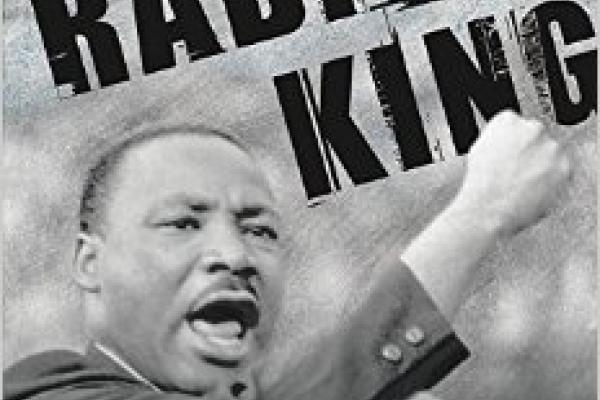“WE ARE AT the moment when our lives must be placed on the line if our nation is to survive its own folly.”
Martin Luther King Jr. gave this stinging critique of the apathetic nature of both the U.S. church and the general public more than 40 years ago. While some things have changed for the better, the truth remains that the three evils of society that King named (racism, militarism, materialism) continue to pervade U.S. culture, crippling our moral and ethical foundation.
It is difficult to imagine that someone the FBI once labeled as “the most dangerous man in America” would one day have his own national holiday. Each year we celebrate the life of King with an incomplete and romanticized retelling of the impact he had on society during and after the civil rights movement. He dreamed of a better nation, but what was it about his dream that made him a nightmare to the U.S. government?
Read the Full Article

